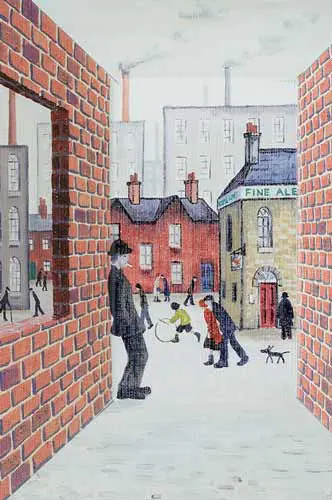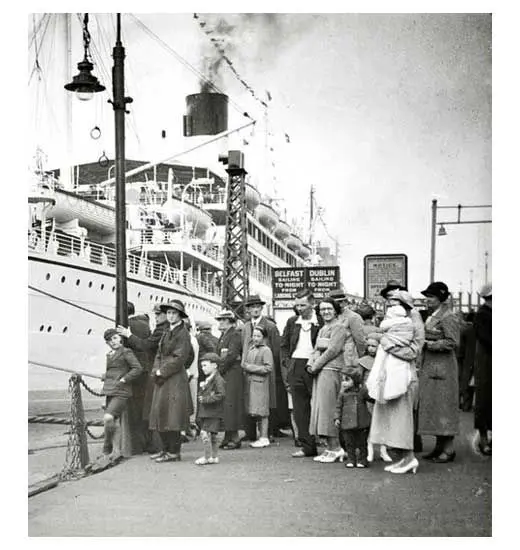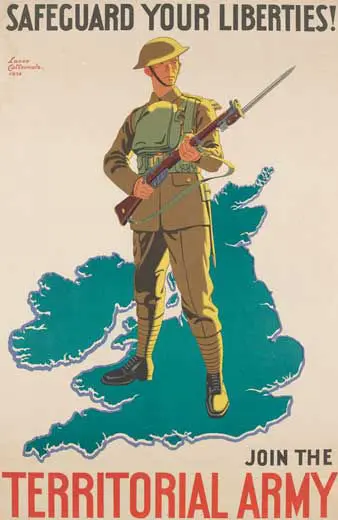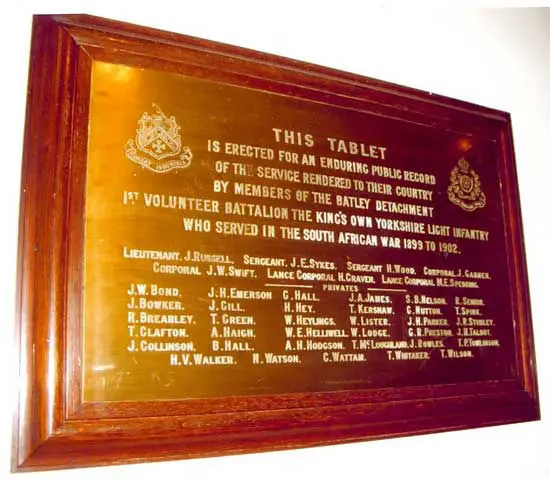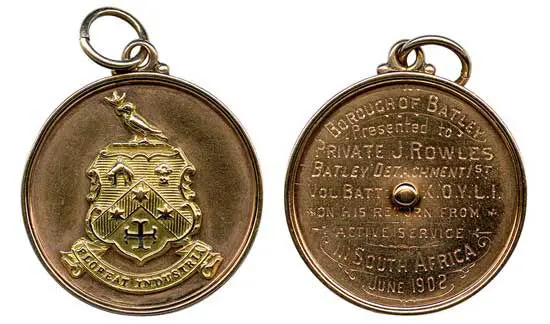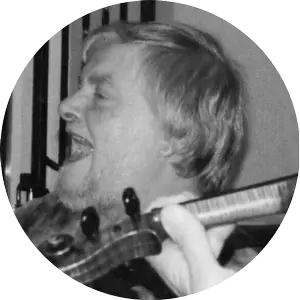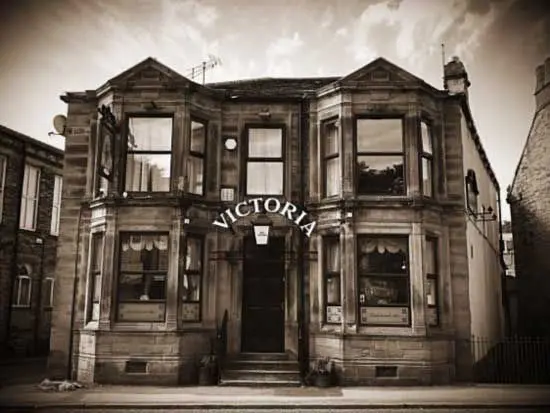
The Victoria Hotel, Bradford Road,
Carlinghow, Batley.
Sunday Night at the Vic
The Victoria, Carlinghow was a very fine example of a Victorian Public House. It had several small rooms, a mosaic stone floor, tiled passageway, and the Landlord, Eddy Maloney, kept one of the finest pints of Tetley’s Ale in the area.
The Lyons Family, Jim, Peter, and his wife Kathy with Marion (McClune), Kathy’s mother, had many songs, some Irish and some from the old West Riding Music Hall days, Marion’s father having toured ‘the Halls’ in the early 1900s.
Kathy, Peter and Marion liked to sing when possible and to this end they were the main instigators of the Sunday night at “ The Vic “ in the early 1970s.
The ‘Snug’ was out of bounds to non singers on a Sunday Night and anyone who entered the room had either to perform a song or recitation.
